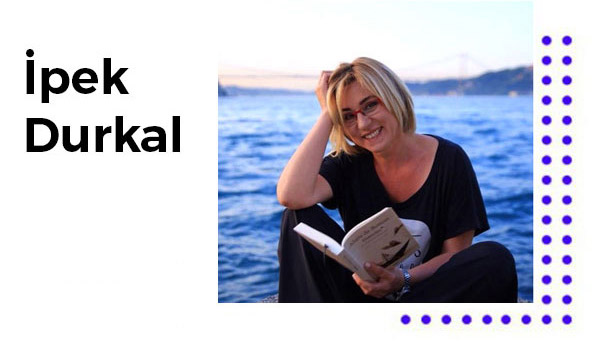
We have a very meaningful proverb: “If the old were respected (in demand),a heavenly light would descend upon the flea market.” ‘People always prefer the new, not the old. So the proverb means that flea markets would be different if people liked old things.’ It’s a true proverb, but I think books alter the case at this point.
There are some books whose value one notices over the years. I think we should reread the books we like every 10 years. Of course, the book is the same, it is us who have changed. As people change, the meaning they attribute to what they read, their understanding of what they read and their awareness also change.
Battle Is Not the Same As Fighting
I took off the shelves of my own flea market Manual of The Warrior of Light (Manwal do Guerrerio da Luz), written in 1997 by Brazilian Paulo Coelho, one of the most widely read authors in the world who gave us novels such as The Pilgrimage, The Alchemist, Aleph, Veronika Decides to Die. The book that revolves around the sentence “Although none of us thinks we are warriors of the light, but we all are”, is full of unique well-chosen advice on matters such as believing in oneself, understanding that even life is a miracle in itself, being aware of one’s own flaws and virtues, keeping one’s course even if they lose faith, and forgiveness not meaning accepting everything.
It felt good to read it again. For instance, I underlined the following sentences that I did not even notice in my 20s: “It is the experience of battle that empowers the warrior of light.” “The warrior of light does not need to prove someone else’s path wrong in order to trust his own path.” “Battle is not the same as fighting.”

So Much to Tell the Unborn Child
Let’s move on to the second book. That is Oriana Fallaci’s book, Letter to a Child Never Born (Lettera a un bambino ai nato), which was first published in 1975; I have a 1998 edition, translated by Pinar Kur. It was a fairytale-like book that I read with admiration in my 20s, but this time I felt the sentences in my soul. The book consists of a young woman’s conversations with her “unborn child” after she found out she was pregnant with her ex-boyfriend’s baby after their break-up. The book, which tells the concepts of society-order, being human, raising a human and the society’s view of women, describing the helplessness, loneliness, anxieties and fears of a woman with masterful words, deeply affects the reader through Fallaci’s poetic language.
Fallaci dedicates this book to all women with the following words: “To those who are not afraid to doubt, who tirelessly seek causes, enduring the pain of death. To those who ask themselves the riddle of giving life or rejecting it. This book is dedicated to all women by a woman.”

A Surreal Love
And I pulled another book off of my library. The Froth on the Daydream (L’écume Des Jours) by Boris Vian. In 1991, I read the book, written in two days in 1946.
In The Froth on the Daydream, Vian describes true love, commitment and death in corrupt relationships through metaphors. A surreal, fantastic, mind-altering and romantic book, which makes one daydream, written by an author claiming, “Masses are wrong and individuals are always right!”
On the cover of the book is the phrase; “The most striking of contemporary romance novels.” Using “the most” may be too assertive, but it is definitely striking.
(All three of the books I have told you about this month are thin enough to place in your bag on a trip. And I’m sure all three will make good holiday companions.)



